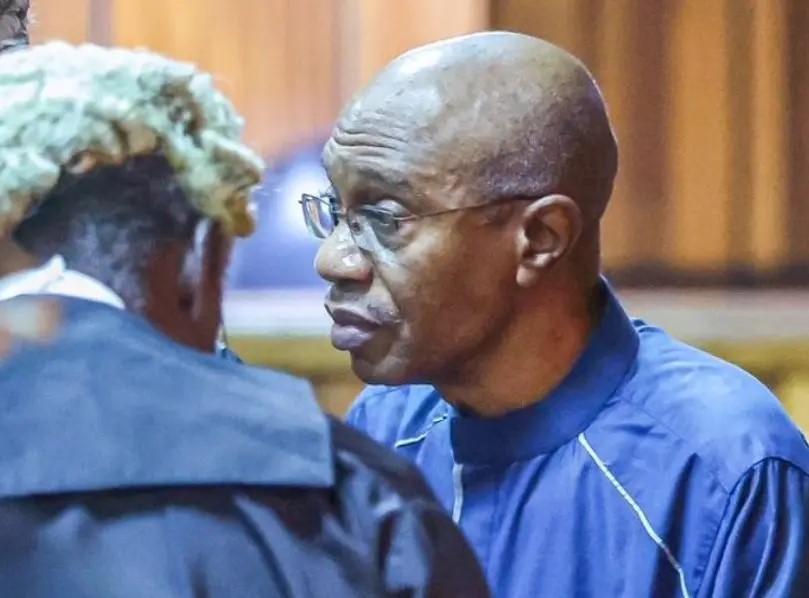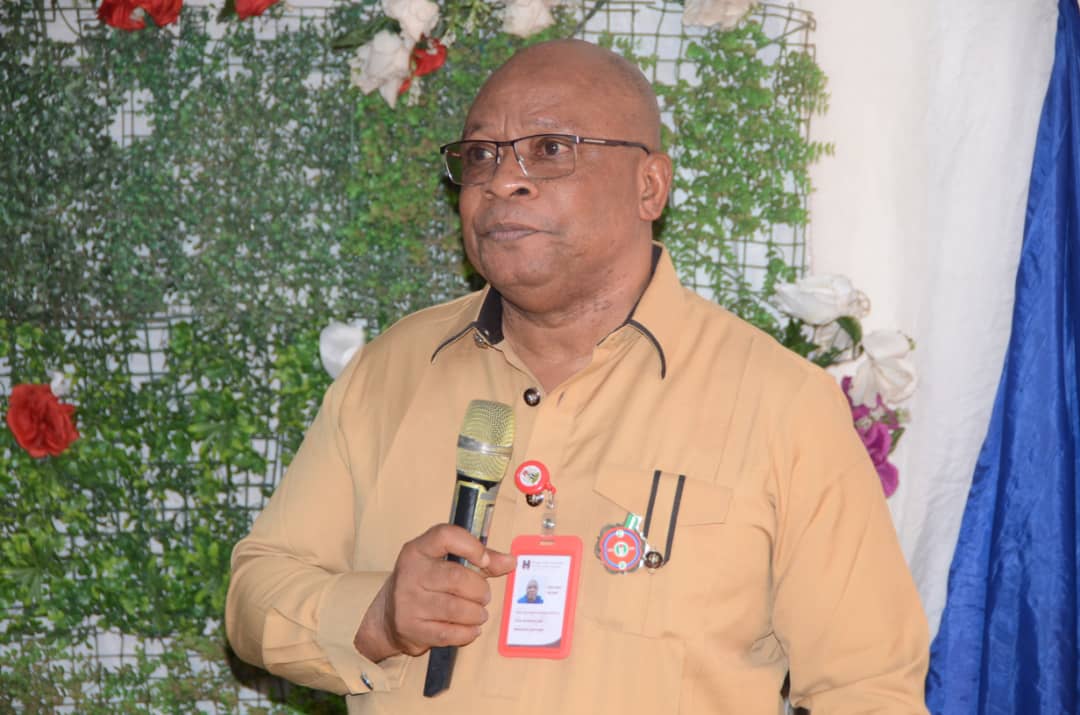In a series of legal twists and developments, a Federal High Court in Lagos and the Federal Capital Territory (FCT) High Court have been at the centre of actions involving the suspended Governor of the Central Bank of Nigeria (CBN), Godwin Emefiele.
On Thursday, significant events unfolded in both courts, marking notable shifts in Emefiele’s legal journey.
At the Federal High Court in Lagos, Justice Nicholas Oweibo made a pivotal decision by striking out the charges of illegal possession of firearm and ammunition that were previously leveled against Emefiele.
The charges were dismissed due to a lack of diligent prosecution, with the Federal Government submitting an oral application to withdraw the charges.
Mr. Mohammed Abubakar, the Director of Public Prosecutions in the Federal Ministry of Justice, made the application on Tuesday. The basis for the application was rooted in emerging facts that required further investigation. As a result, Justice Oweibo granted the application to withdraw the charges, leading to their dismissal.
However, a different scenario unfolded at the Federal Capital Territory (FCT) High Court sitting at Maitama.
On the same day, the scheduled arraignment of Emefiele on a fresh 20-count charge was stalled due to the absence of one of the defendants involved in the case. The presiding judge, Justice Muazu, adjourned the case until August 23 to allow for the necessary legal procedures to be followed.
The initial charges against Emefiele were connected to allegations of illegal possession of firearms and ammunition. These charges were formally presented in a court session on July 25, and subsequently, Emefiele was granted bail in the amount of N20 million.
Emefiele’s legal counsel, Mr. Joseph Daudu (SAN), engaged in the proceedings at the Lagos Federal High Court, opposing the application for withdrawal of charges. Daudu contended that the government’s application was in violation of the court’s order granting Emefiele bail.
He emphasized that such an application should be presented in written form and underscored that the government’s attempt to withdraw the charges contradicted the court’s earlier order to remand Emefiele at the Nigeria Correctional Service.
As the legal landscape surrounding Emefiele continues to evolve, these recent events highlight the complexities and intricacies of the legal process.
The divergent outcomes in two different courts underscore the dynamic nature of the Nigerian legal system and the range of perspectives and arguments presented by the involved parties. As legal proceedings progress, observers and stakeholders await further developments to gain clarity on Emefiele’s legal standing and the potential implications of these events on his position and reputation.




